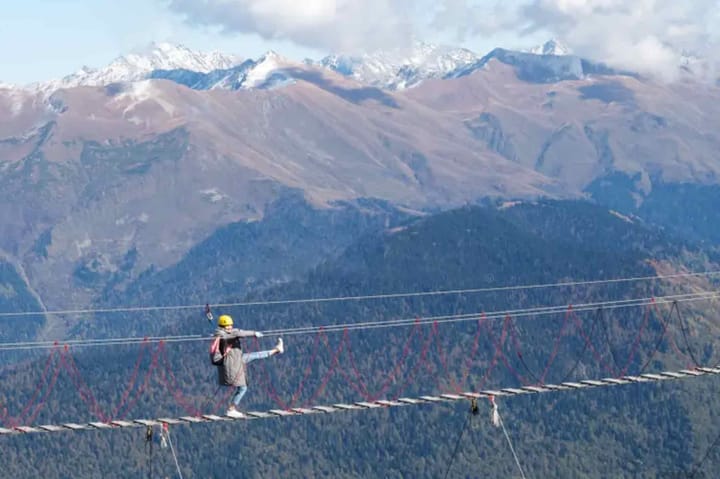His name was Scott
One very cold Toronto winter, I noticed a tent sagging into the snow. Inside was Scott — 50 years old, kind-eyed, and holding on with quiet pride. He offered me the only thing he had to give: his help. Months later, he was gone.

I’m too sensitive to work with the homeless people or abandoned animals — but somehow, these causes always seem to find me anyway.
When I lived in Toronto, there was a patch of land owned by the electric company. It wasn’t much — just some scrappy trees and open ground — but it was where a handful of us brought our dogs. We formed a kind of loose community, meeting once or twice a day.
Then, one very cold Toronto winter, a tent appeared. Out in the open, right along the path. Inside was a man. Passing by felt like walking through someone’s living room. The wind cut deep that year, the kind of cold that burns your face. I’d glance at the tent every time I passed, wondering how he was holding up. People would leave him blankets or clothes, but he remained there, alone.
After a month of walking past his tent day after day — sagging into a hole, torn by wind and snow — I finally approached, said hello, and started talking to him.
His name was Scott. He was about to turn 50 that February. He told me the blankets and clothes people gave him weren’t actually that useful, because sometimes he had to pack up quickly if the police told him to move. What he really needed were heavier supplies, like bottled water.
The next day, I brought him a new tent and a few cases of water. His whole face lit up — but then he scolded me. He said he’d been saving from his small monthly allowance to buy a tent himself, and that his ripped one actually kept other homeless people from bothering him. And then, without hesitation, he offered the only thing he had to give:
“If you ever need something heavy lifted, I’m your guy.”
The next morning, I called hello as I passed. No answer. Same the day after. Scott had memory problems. A few months later, I saw the police talking to him, and by afternoon, the tent was gone. I heard he’d moved deeper into the property, hidden among the trees. We all knew it wouldn’t last, but because of COVID, the city wasn’t doing its regular park sweeps.
Winter passed. Spring came. I heard Scott had found a job. He even built himself a fort, completely hidden once the leaves grew in.
A few months passed by, then one morning in the fall, the whole area was roped off with yellow tape. Scott had died in his sleep.
He was only 50. The life expectancy of a homeless person.
Gone quietly, but not without leaving a mark.
His name was Scott, and he had the most beautiful blue eyes and the kindest soul.
We like to pretend we’re civilized. That homelessness is some distant, abstract problem for “other people.” But it’s right there, in the middle of our dog-walking routes, in the corners we choose not to see.
We live in a world that measures worth in productivity, possessions, and the illusion of stability. Scott had none of those things — not the job security, not the walls, not even a whole tent — yet he still carried dignity and generosity.
His pride in saving for that tent wasn’t about the object itself. It was about ownership over his own life, however small the piece of it might be. And his offer to help me lift heavy things? That was proof that value isn’t always about money or status — sometimes it’s about showing up for someone with what you have, even if all you have is your hands.
Most people passed him with pity or discomfort, never realizing they were in the presence of someone whose survival required more grit and grace than most of us will ever need to summon.
Scott didn’t have much — hell, half the time he didn’t even have a tent worth stealing — but he had more backbone and generosity than most corporate boardrooms combined. He was saving for his own shelter while I know people with two houses who still whine about their granite countertops.
No pity. No victim script. Just quiet self-respect in the middle of a city that would rather tape off his life with “Do Not Cross” than admit we failed him.
Scott’s life was short, but it was whole in its own way. And it reminded me that humanity isn’t in the résumé, or the bank account, or the roof over our head. It’s in the willingness to give what you can, and to keep saving for what matters — even in the cold.
If you measure a life by money, status, and safety, Scott had nothing. But if you measure it by humanity? He had more than most of us. And that’s the uncomfortable truth.


